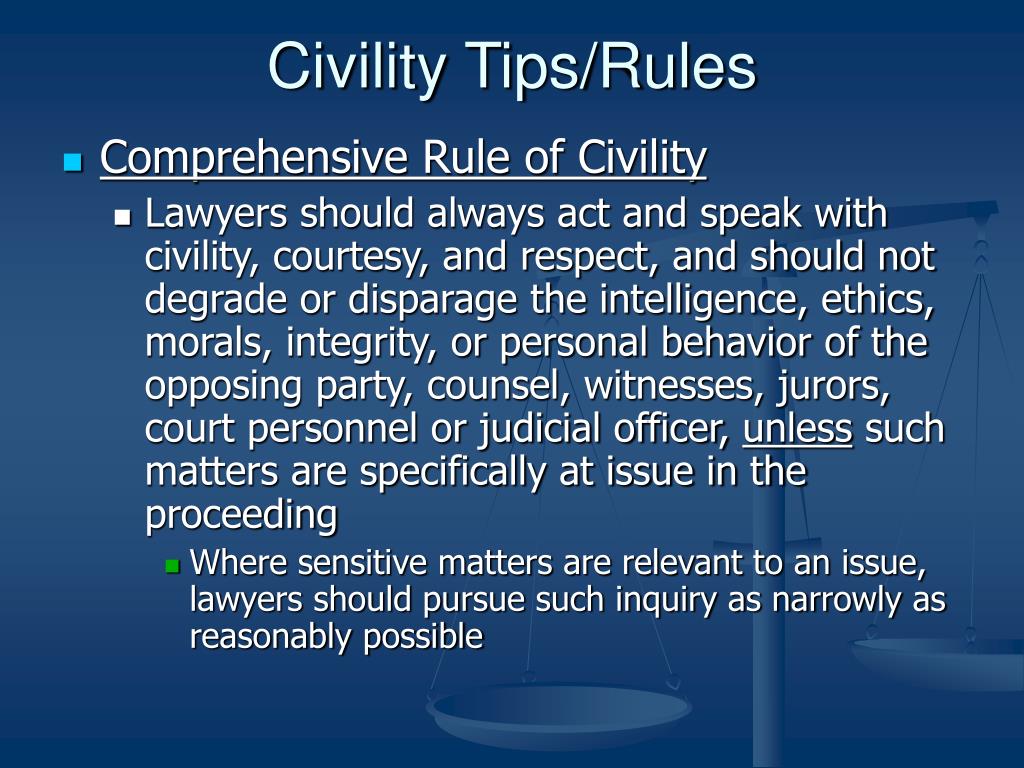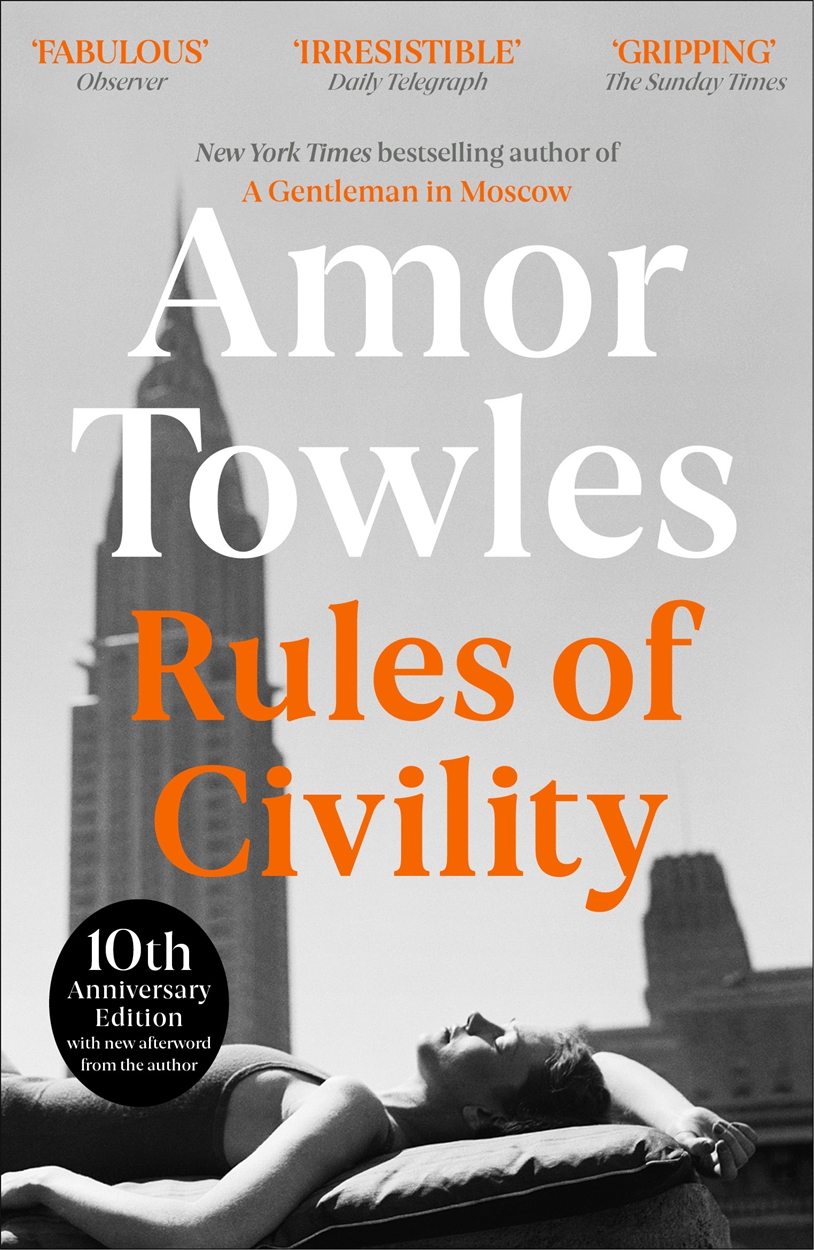

(If you did too, Project Gutenburg has three lesser-known Agatha Christies for free download.) There’s a real escapist enjoyment in them, and I enjoyed a character who also enjoyed this.īut, simply, this is great because it’s a manners novel where the main character knows she’s in a manners novel, and that’s such a delightful, lively, witty, occasionally snarky concept to read. I also discovered Agatha Christie pretty late, and cannot stop reading them now. There are also some pretty great moments about reading in the city, specifically Charles Dickens and Agatha Christie. With no achievements behind them, they already looked as self-assured as the flyboys would at the end of the Second World War. They sloughed off their coats into the hands of a footman and took glasses of champagne from a waiter-making eye contact with neither. Katie observes the social expectations as she climbs, and though she begins by getting invitations through Tinker, she travels through all different circles on her own. Sort of.īut the plot is really secondary to the commentary on class and on the city. Tinker, who was driving, takes responsibility for disfigured and injured Evey, and so Katie is sort of peripheral in their story. The girls are both interested, and there’s suddenly tension just beneath the surface of their friendship, but what might turn into a rivalry is derailed when Evey, Tinker, and Katie are in a car wreck, which changes their lives forever. The plot hinges on the day Katie (born Katya, and reinvented already) and her friend Evey bump into Tinker, a New Englander with the ridiculous nickname, expensive attire, vague modesty about his past in key cities, and the fat bankroll that translate into an old money family.


The old woman had this evening’s lox wrapped in yesterday’s news.

And there are some of working-class New Yorkers looking down, too. It’s such a perfect description of the class gap. But an assistant comes from a fine home, attends Smith College, and lands her position when her mother happens to be seated beside the publisher in chief at a dinner party. A secretary exchanges her labor for a living wage. That’s the difference between being a secretary and an assistant. So as I read I kept highlighting these wonderful descriptive passages, usually descriptions of working-class New York looking up. Rules of Civility is a manners novel, in which our protagonist, Katie Kontent, basically knows she’s in a manners novel.


 0 kommentar(er)
0 kommentar(er)
